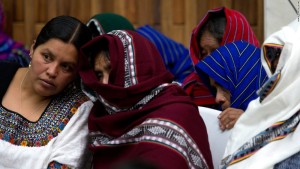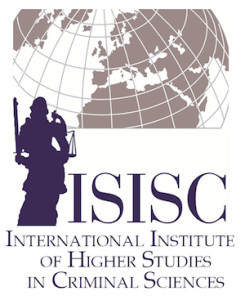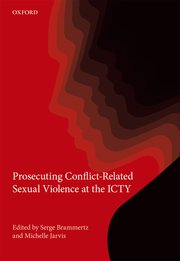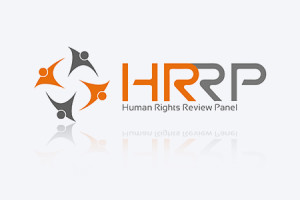Two former militaries were found guilty by a Guatemala court of murder, rape and sexual enslavement of indigenous women and were respectively sentenced to 240 and 120 years imprisonment.
The ruling is the first successful prosecution for sexual violence committed during Guatemala’s troubled decades. The facts date back to the 1980s, during Guatemala’s 36 year-long civil war that only ended in 1996 with the signig of Peace accords. At the time, armed forces repeatedly attacked the village of Sepur Zarco and Mayan communities were caught in the opposition between the army and the leftist rebel groups. As a result, several men were killed and soldiers considered the women as being “available”. It was reported that women were required to report every third day to the base for “shifts” during which they were raped, sexually abused, and forced to cook and clean for the soldiers.
Former Lt. Col. Esteelmer Francisco Reyes Giron, who was the commander of the Sepur Zarco military base, and former military commissioner Heriberto Valdez Asij were found guilty of holding 15 women in sexual and domestic slavery and for killing one woman and her two daughters.
“This is historic, it is a great step for women and above all for the victims,” said Nobel Peace Prize winner Rigoberta Menchu, who attended the hearing.










